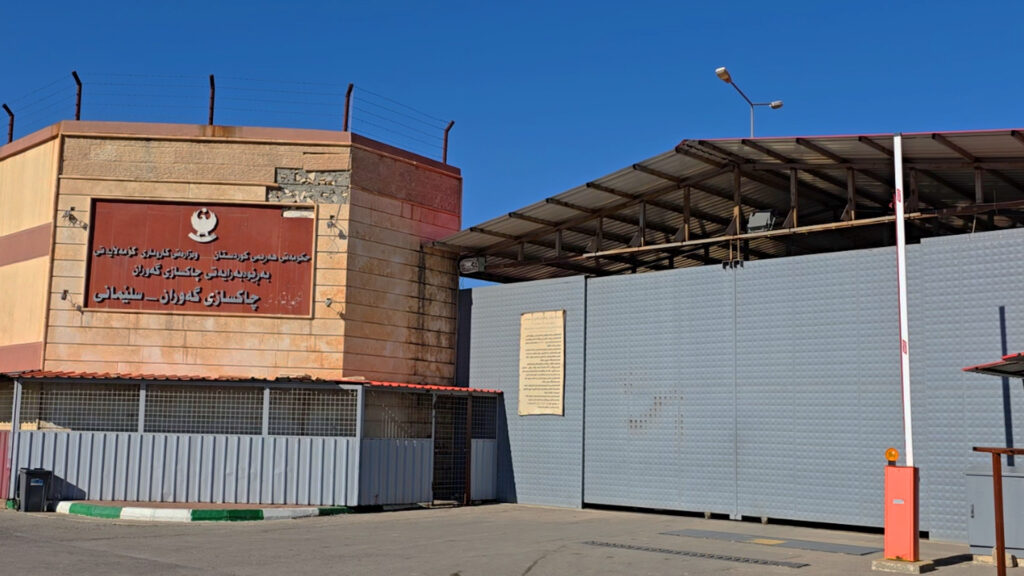Leaker Chelsea Manning stuck in jail after Assange arrest

Chelsea Manning spent years in prison for her crime before her sentence was commuted — but on Friday was again sitting in jail for what her supporters say is an ongoing punitive political vendetta.
Last month, she refused to testify in a secret grand jury investigation of WikiLeaks founder Julian Assange, who was arrested in London on Thursday on a US indictment linked to their cooperation in 2010 on the leak of secret US records of the wars in Iraq and Afghanistan.
In fact, her lawyers point out, the grand jury secretly issued its Assange indictment over one year ago, making Manning's testimony superfluous.
But federal prosecutors have jailed her anyway, with little explanation of why.
The Assange indictment "is further evidence that the government's continued imprisonment of Chelsea for her principled stance against grand jury secrecy is punitive, cruel and unnecessary," her lawyers said.
Deep divide over Manning
Manning, now 31, had worked since her release from military prison in 2017 to start a new life, as a civilian and as a woman.
But the US is divided over whether what she did was heroic or traitorous.
She was Bradley Manning when, in 2009, she was sent to Iraq as an army intelligence officer with access to a massive database of US war records and classified diplomatic communications.
Manning was already struggling with gender dysphoria in a military officially closed to gay and transgender soldiers.
Meanwhile, she grew despondent about the ongoing wars, leading her to release the hundreds of thousands of files that made Assange and WikiLeaks famous worldwide.
"I began to become depressed with the situation that we found ourselves increasingly mired in year after year," she said in her 2013 trial.
"If the general public, especially the American public, had access to the information... this could spark a domestic debate on the role of the military and our foreign policy in general."
Manning was arrested within weeks after a confidant turned her in. She was thrown into a military prison and held for three years until her trial in 2013.
One day after she was sentenced to 35 years in prison, she announced she was a woman and would go by the name Chelsea.
But until her sentence was commuted in 2017 by president Barack Obama, she endured an ongoing crisis over her gender and attempted suicide twice in prison as she fought for gender reassignment surgery.
Timeline on WikiLeaks founder Julian Assange, arrested by the British police on April 11. Graphic: Sophie Ramis and Vincent Lefai | AFP
Finding her footing
After her release, Manning struggled to find her footing, lauded as a spokeswoman for whistleblowers and transgender people, but also spurned over her decision to leak US secrets.
Strong criticism from senior intelligence officials forced Harvard University to rescind a fellowship offer, with CIA chief Mike Pompeo branding her an "American traitor."
In 2018, a half-hearted attempt to run for political office in Maryland failed, but she continued to be celebrated as an important whistleblower.
While everything she did with WikiLeaks in 2010 came out in her trial, in March she was nevertheless ordered to testify again in front of a grand jury, now known to have been investigating Assange.
Manning, a strong critic of the secret panels often used by prosecutors in high-profile cases, said she objected "strenuously" to the subpoena.
"We've seen this power abused countless times to target political speech," she said, making clear that she would be willing to testify in public.
On March 8, the judge ordered her locked up in an Alexandria, Virginia detention center until she testifies or the grand jury is wound up.
The indictment of Assange — issued secretly in March 2008 — would appear to negate the need for her testimony.
But on Friday, she remained behind bars.



